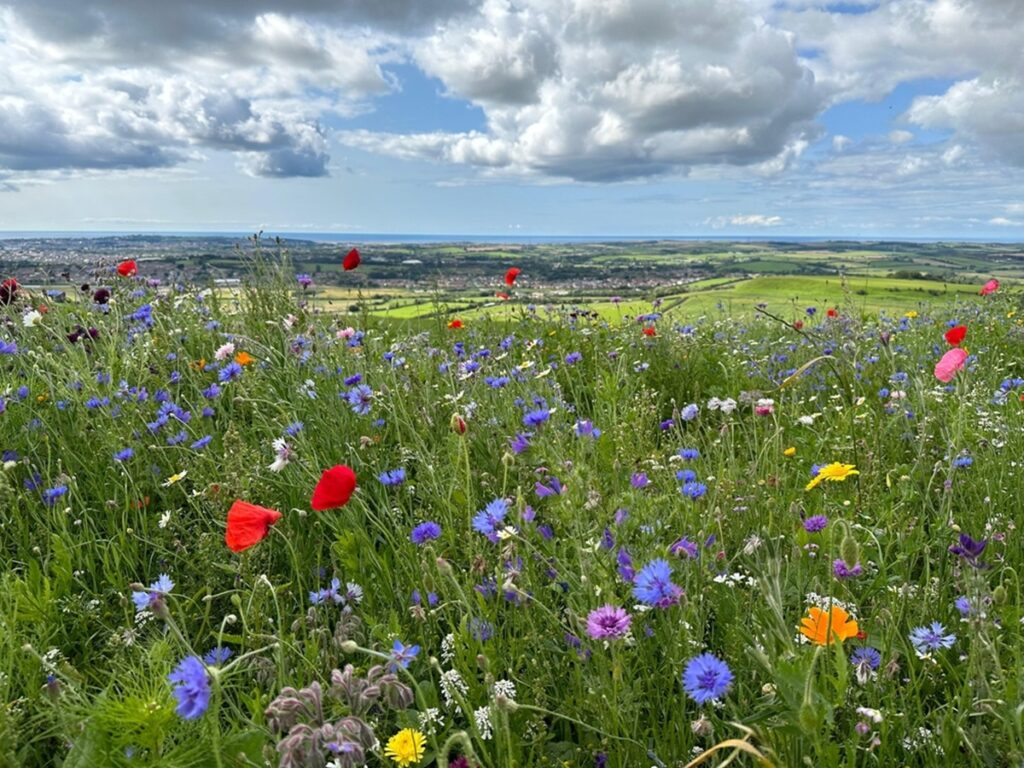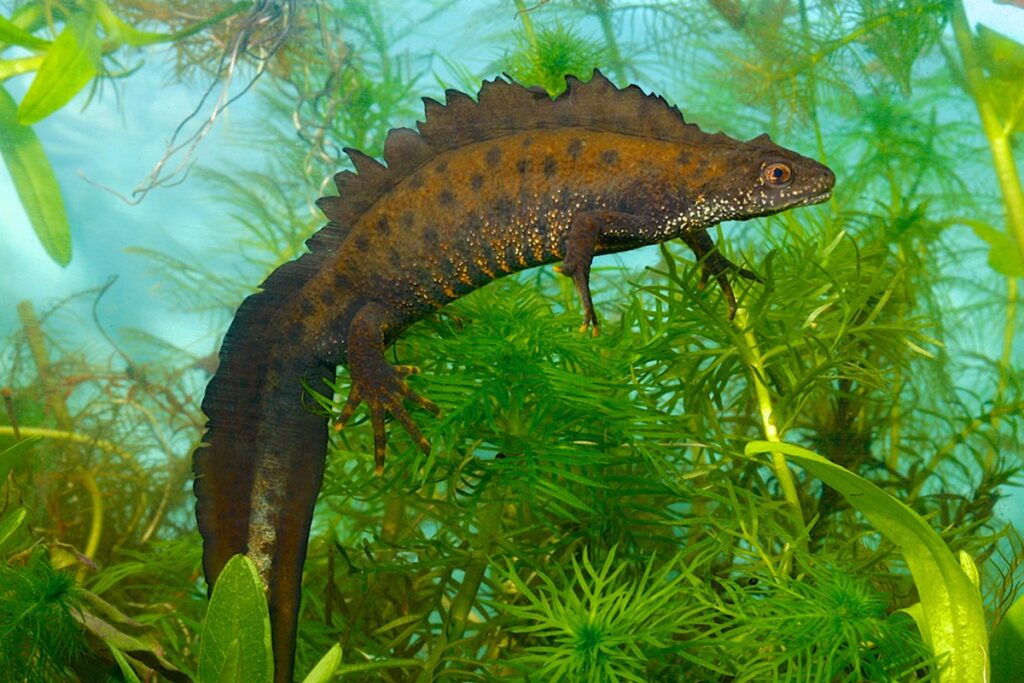The Biodiversity Net Gain Assessment Process
The introduction of biodiversity net gain (BNG) into UK law through the Environment Act, which attained royal assent in 2021, has reshaped how development projects in Southampton are planned. The principle is that the natural environment should be in a measurably better state after a development is completed than it was before work began.
For most applications for planning permission in Southampton, biodiversity net gain bng is now a mandatory requirement, implemented alongside the city’s existing planning policies. This encourages developers to work with qualified ecological consultants to calculate the site’s biodiversity value both before and after development. If there is a shortfall, steps must be taken to achieve at least a 10% biodiversity net gain.
Biodiversity gain can be achieved through on-site habitat enhancements, the purchase of off-site biodiversity units, or a combination of both, but all measures must be clearly evidenced and approved by the local planning authority before planning permission is granted.
Since February 2024, meeting BNG requirements has been a legal obligation rather than a discretionary policy. From May 2026, mandatory biodiversity net gain bng will also apply to nationally significant infrastructure projects. Alongside the Environment Act, BNG is embedded within the National Planning Policy Framework (NPPF) and supported by Natural England guidance, Local Nature Recovery Strategies, the Town & Country Planning Act and Hampshire’s regional ecological priorities.
Integrating biodiversity net gain into a project from the earliest stages is essential to avoid costly redesigns later in the planning process and to ensure compliance with statutory requirements and local authorities guidelines. Protecting key natural assets such as ancient woodlands, rivers, and coastal habitats, is central to BNG delivery in Southampton.

Ecological Features in Southampton
Southampton is a thriving port city with a rich variety of habitats, from the tidal waters of the River Itchen and River Test to ancient woodlands, meadows, and coastal wetlands. Green spaces such as Southampton Common, Itchen Valley Country Park, and the surrounding Hampshire countryside, are home to protected species including bats, badgers, otters, water voles and barn owls.
The Solent and Southampton Water Special Protection Area (SPA) and Ramsar sites provide internationally important habitats for migratory birds, meaning any land developments within or near these zones must meet stringent ecological requirements.
The presence of such habitats and species in this south east region means that BNG plans must be carefully tailored to local ecological conditions. The city also benefits from active environmental initiatives run by Southampton City Council, local wildlife trusts, and Hampshire & Isle of Wight Nature Partnership, all of which support the creation of new habitats, green infrastructure and ecological connectivity.
As a result, applications for planning permission and biodiversity net gain proposals in the area are reviewed closely by the local authority to ensure they deliver measurable, lasting improvements to wildlife and habitats.

Preparing a BNG Assessment in Southampton
Before submitting a planning application in Southampton, the first step is to commission a BNG assessment from a qualified ecologist. In the first instance, a preliminary ecological appraisal may have flagged up the need for further surveys on a site.
During a BNG survey, an ecological consultant will carry out a baseline biodiversity survey to record existing habitats, assess their condition, and measure the site’s pre development biodiversity value using the government’s statutory biodiversity metric.
If the proposed development site has features that suggest the presence of protected species, additional surveys may be required. Having established the pre development biodiversity value from the statutory biodiversity metric, the ecologist will model the value of biodiversity post development, taking into account landscaping plans, habitat creation, and proposed management.
If this value falls short of the 10% net gain target and reveals a net loss, the ecologist will recommend onsite enhancements or off site measures in the biodiversity gain plan to bridge the net gain gap on the proposed development. These site mitigation recommendations for habitat restoration or creating new habitats are then incorporated into the planning application to the local planning authority to demonstrate compliance.
In many Southampton developments, biodiversity gain is delivered onsite. This might involve creating wildflower meadows, restoring hedgerows, planting native trees, enhancing ponds and wetlands, or installing wildlife-friendly sustainable drainage systems.
Where delivering the full 10% net gain on-site is not possible, developers can purchase biodiversity units from approved off-site habitat banks, ideally within Southampton or the wider Hampshire area to ensure local ecological benefits.
Our consultancy can also advise on the legal conservation covenants required for off-site units and, if necessary, guide developers through the process of purchasing statutory credits as a last resort.

Protected Species Surveys in Southampton
Given the city’s ecological diversity, many sites in Southampton require additional ecological surveys alongside the BNG process. These may include bat surveys, badger surveys, reptile surveys, or great crested newt surveys, depending on the habitats present.
By commissioning a net gain assessment early to obtain a pre development biodiversity value, developers can ensure that their BNG plans align with the legal protections afforded to these species, following the mitigation hierarchy of avoiding, minimising, and compensating for biodiversity loss. This proactive approach reduces delays and ensures planning applications are fully compliant.
The Biodiversity Net Gain Plan
A biodiversity net gain plan sets out how a development will achieve its 10% net gain target in detail. It includes habitat restoration and creation measures, long-term land management plans, monitoring schedules, and evidence that improvements will be maintained for at least 30 years.
In Southampton, these plans should align with the city’s Local Nature Recovery Strategy, comply with planning conditions and complement existing ecological networks and green infrastructure priorities.
Following the mitigation hierarchy is vital: the plan must include full details of how biodiversity will be protected, restored, and enhanced by land managers at every stage of the project.
Professional Support for BNG in Southampton
Our ecology consultancy provides professional BNG assessments in Southampton and across the UK. Our clients include major developers, commercial organisations, developers of small sites and private householders.
We manage every stage of the process, from pre commencement condition surveys and Statutory Biodiversity Metric calculations to site mitigation advice, onsite habitat improvement and long-term management strategies which may need to include water quality and climate change issues. Having established a general biodiversity gain condition, we work with developers, architects, and planning consultants to ensure that mandatory biodiversity net gain is seamlessly integrated into new development designs, whether for large-scale infrastructure, residential schemes, or smaller developments, resulting in seeing planning permissions granted.
Where off-site delivery is required, we assist in sourcing biodiversity units or statutory credits as a last resort, meeting local authority legal obligations, and preparing reports that meet Southampton City Council’s local policy and bng requirements. Our team has in-depth knowledge of South Hampshire’s ecological priorities and can deliver a locally relevant, fully compliant biodiversity gain plan.
Request a Free Quote for a BNG Survey in Southampton
If your development in Southampton requires a biodiversity net gain assessment, we can provide a free, no-obligation quote tailored to your site and project requirements. From small residential builds to major regeneration projects, our experienced ecologists deliver BNG plans that meet local planning authority expectations and help developments progress smoothly through the planning system.
To discuss your biodiversity net gain requirements in Southampton, contact us today for further information. We will arrange a site visit and prepare a compliant plan that supports both planning approval and meaningful ecological enhancement. By ensuring full compliance with the Environment Act 2021 and Natural England guidelines, you will increase your chances of gaining planning consent and leave the environment in a better state.